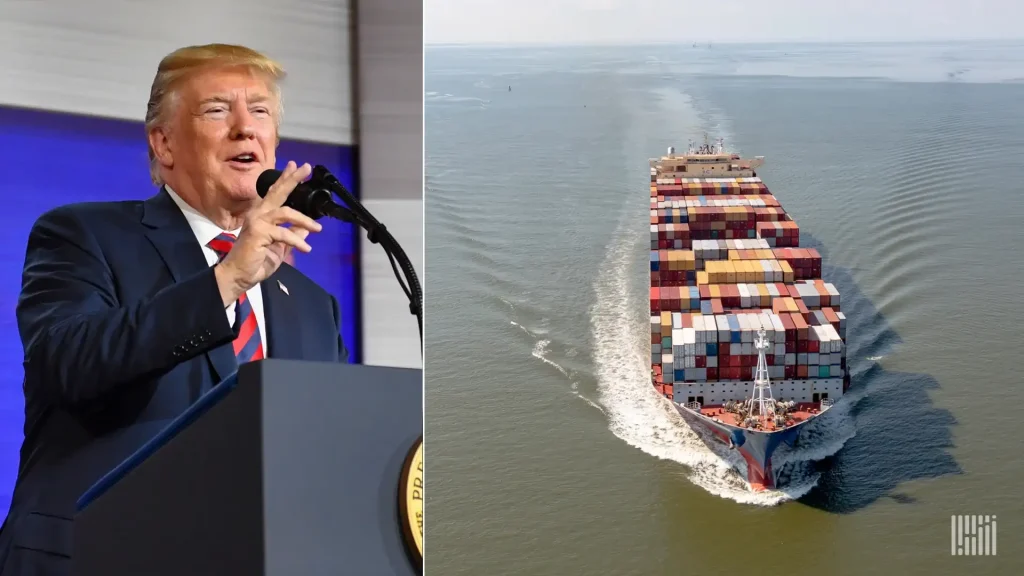In a bold move that could escalate trade tensions, the Trump administration has announced new fees on Chinese ships docking at U.S. ports. The decision, revealed earlier this week, aims to address what officials describe as longstanding imbalances in shipping practices and trade relations between the two economic giants.
According to the administration, Chinese vessels — particularly cargo ships — have enjoyed relatively unrestricted access to U.S. ports for years, a situation they argue has contributed to America’s trade deficit and weakened domestic shipping industries. Under the new policy, Chinese ships will be subject to additional port fees, effective within the coming weeks.
A Strategic Push
White House officials framed the move as part of a broader strategy to protect American interests and promote fair competition. “For too long, foreign shipping companies have operated at an unfair advantage,” a senior administration official stated. “These new fees are about leveling the playing field and supporting U.S. workers and businesses.”
The fees are expected to vary based on ship size, cargo type, and frequency of port visits, though specific figures have not yet been publicly disclosed.

Reactions Across the Globe
China swiftly responded to the announcement, warning that the measures could trigger retaliatory actions and further strain the already fragile U.S.-China trade relationship. Chinese trade officials labeled the fees “discriminatory and protectionist,” signaling the potential for countermeasures aimed at American exporters.
Industry groups in the United States offered mixed reactions. Some praised the administration for standing up to what they see as unfair competition, while others expressed concern that the move could disrupt supply chains and drive up costs for U.S. businesses and consumers.
“The shipping industry is deeply interconnected globally,” said Marla Evans, an analyst with Global Trade Insights. “Any major new fee or regulation has ripple effects that can impact everything from delivery times to prices at your local store.”
What Comes Next
The coming weeks will be crucial as stakeholders across industries assess the full impact of the new policy. Experts predict that ports in major coastal cities like Los Angeles, Long Beach, and New York will be among the first to feel the effects.
Meanwhile, negotiations between U.S. and Chinese trade representatives are expected to resume, with this latest development likely to be a major point of contention.
As the freight battle intensifies, businesses, consumers, and international partners alike will be watching closely to see how the latest chapter in the U.S.-China economic rivalry unfolds.




